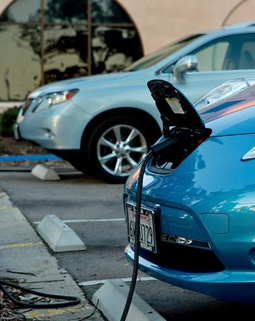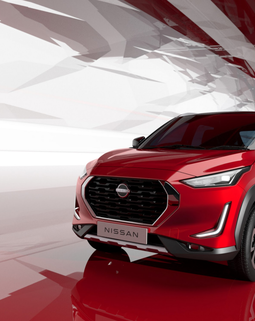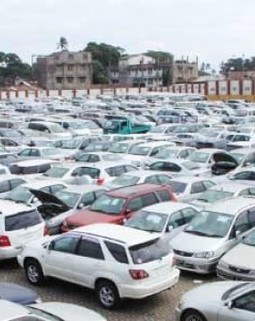Zimbabwe's automotive market is undergoing significant transformation, driven by both domestic and international factors. Despite facing economic challenges, the market presents numerous opportunities for growth and development. Understanding the current landscape, key drivers, and obstacles is crucial for stakeholders aiming to navigate and capitalize on the evolving automotive industry in Zimbabwe.
Current Market Overview
Zimbabwe's automotive sector has traditionally relied on imports, with the majority of vehicles sourced from Japan, the United Kingdom, and South Africa. The market is predominantly composed of second-hand vehicles, which make up a substantial portion of the country's vehicle fleet. However, there is a growing interest in new vehicles, particularly among urban consumers and businesses seeking reliable transportation solutions.
Key Drivers of Market Growth
Several factors are driving growth in Zimbabwe's automotive market. First, the rise of the middle class is increasing demand for personal vehicles, as more Zimbabweans seek to improve their mobility and access to transportation. Additionally, the expansion of infrastructure projects, such as road construction and urban development, is boosting the need for commercial vehicles.
Government policies aimed at revitalizing the economy are also playing a role in stimulating the automotive market. Initiatives such as tax incentives for vehicle imports and investment in local assembly plants are encouraging both foreign and domestic investors to explore opportunities in the sector.
Challenges Facing the Automotive Industry
Despite the potential for growth, Zimbabwe's automotive market faces several challenges. Economic instability, characterized by fluctuating currency values and high inflation rates, remains a significant obstacle. These economic conditions can deter investment and make vehicle ownership less affordable for many consumers.
Another challenge is the lack of a robust local manufacturing base. The automotive industry in Zimbabwe is largely dependent on imports, which increases vulnerability to external shocks such as supply chain disruptions and changes in international trade policies. Additionally, the high cost of vehicle maintenance and spare parts, exacerbated by import duties, poses a burden for vehicle owners.
Opportunities for Market Expansion
Despite the challenges, there are numerous opportunities for expansion in Zimbabwe's automotive market. One of the most promising areas is the development of local vehicle assembly and manufacturing capabilities. By investing in local production, Zimbabwe can reduce its dependence on imports and create jobs, thus stimulating economic growth.
The growing demand for environmentally friendly and fuel-efficient vehicles also presents an opportunity for market diversification. With global trends shifting towards electric and hybrid vehicles, Zimbabwe can position itself as a market for sustainable transportation solutions, especially if supported by favorable government policies and incentives.
Future Outlook and Strategic Recommendations
Looking forward, the future of Zimbabwe's automotive market will depend on the ability to overcome current challenges and leverage emerging opportunities. Stakeholders should focus on enhancing local production capacities, improving the availability of financing options for consumers, and investing in infrastructure to support the growing vehicle fleet.
Additionally, fostering partnerships between the government, private sector, and international investors will be crucial in driving sustainable growth in the automotive industry. By aligning efforts towards common goals, Zimbabwe can build a resilient automotive market capable of adapting to changing economic and technological landscapes.
Conclusion
Zimbabwe's automotive market is at a crossroads, with both challenges and opportunities shaping its trajectory. While economic instability and dependency on imports present significant hurdles, the potential for growth through local manufacturing, infrastructure development, and sustainable transportation solutions is substantial. By addressing these issues strategically, Zimbabwe's automotive sector can achieve long-term success and contribute to the country's overall economic development.





